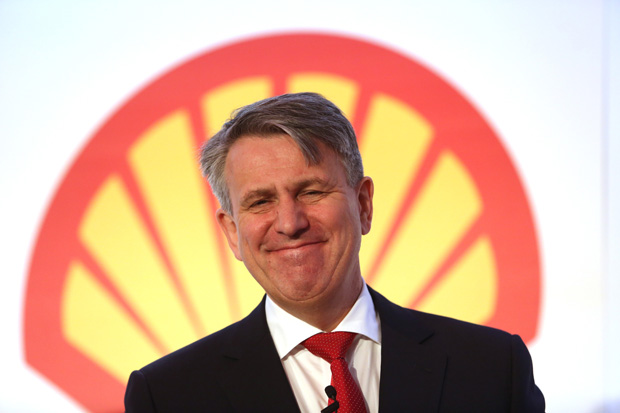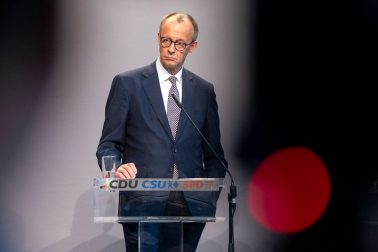Helge Lund was widely expected to go into domestic politics when he ended his successful tenure as head of Statoil, the Norwegian state oil and gas company. Instead, he was hired to run BG Group, the troubled former exploration arm of British Gas, but on a promise of such ludicrously rich terms — up to ten times his Statoil salary — that shareholders, the media and Vince Cable howled in protest. An embarrassed BG board had to scale back the offer, though it remained pretty fat and as I wrote at the time, ‘no mention of Lund, however good he turns out to be, will ever omit a jibe at his pay’.
He finally took over BG’s vacant helm a couple of months ago, but meanwhile the value of the company’s oil and gas assets had been written down, its capital expenditure had been slashed and its shares, once £15, were drifting down to £8.50. Then Royal Dutch Shell arrived with a bid in cash and shares worth £47 billion, representing a 50 per cent premium or £13.67 per share.
BG shareholders will think themselves lucky — and breathe a sigh of relief that their unhappy ship is now under the command of Shell boss Ben van Beurden, described by the FT as a ‘Mr Fix-it…with a laser-like focus on the bottom line’. Shell gains BG’s natural gas interests in Australia, a difficult but potentially lucrative offshore oil venture in Brazil, and operations in Kazakhstan and elsewhere — at a bundle price which experts say is well below what such projects might have cost to explore and develop.
The combined group comes a step closer to Exxon Mobil in the industry’s global league — leaving Chevron in third place with its eye on a possible bid for BP. The deal is the biggest in the sector since Exxon bought Mobil in 1998, and the biggest in any sector this year.








Comments
Join the debate for just £1 a month
Be part of the conversation with other Spectator readers by getting your first three months for £3.
UNLOCK ACCESS Just £1 a monthAlready a subscriber? Log in